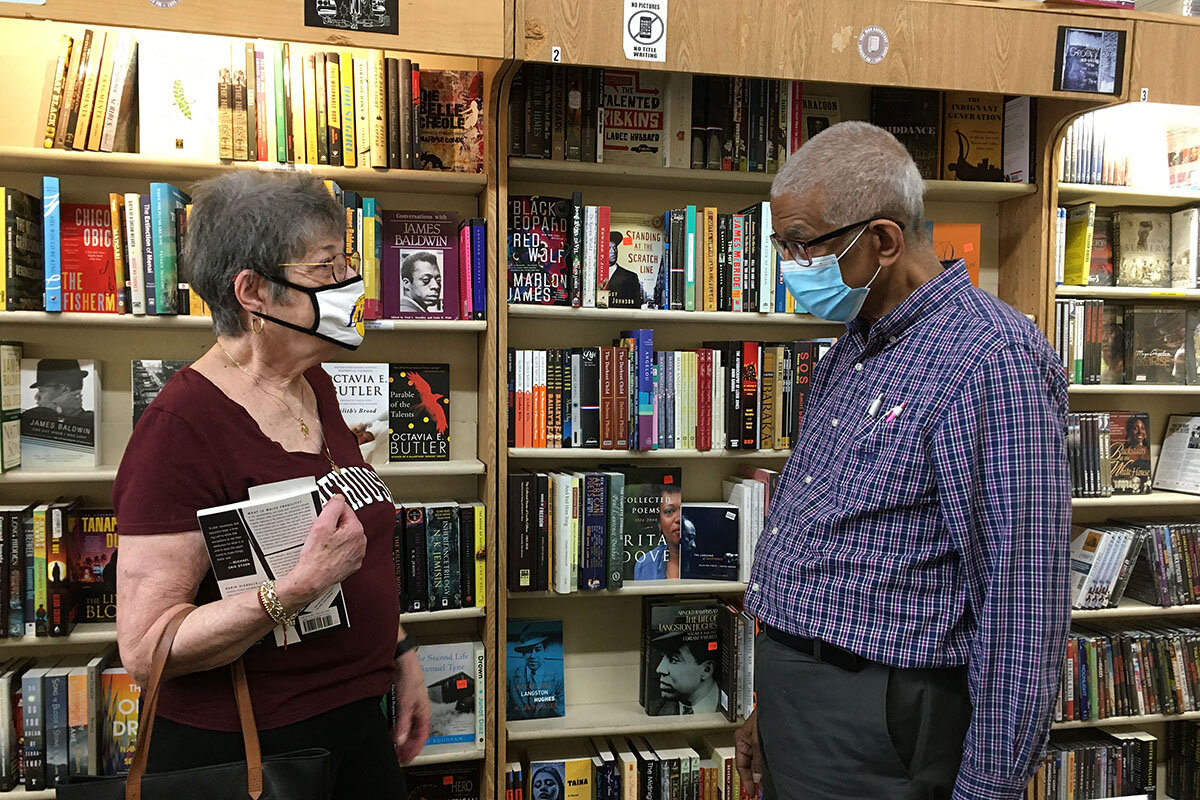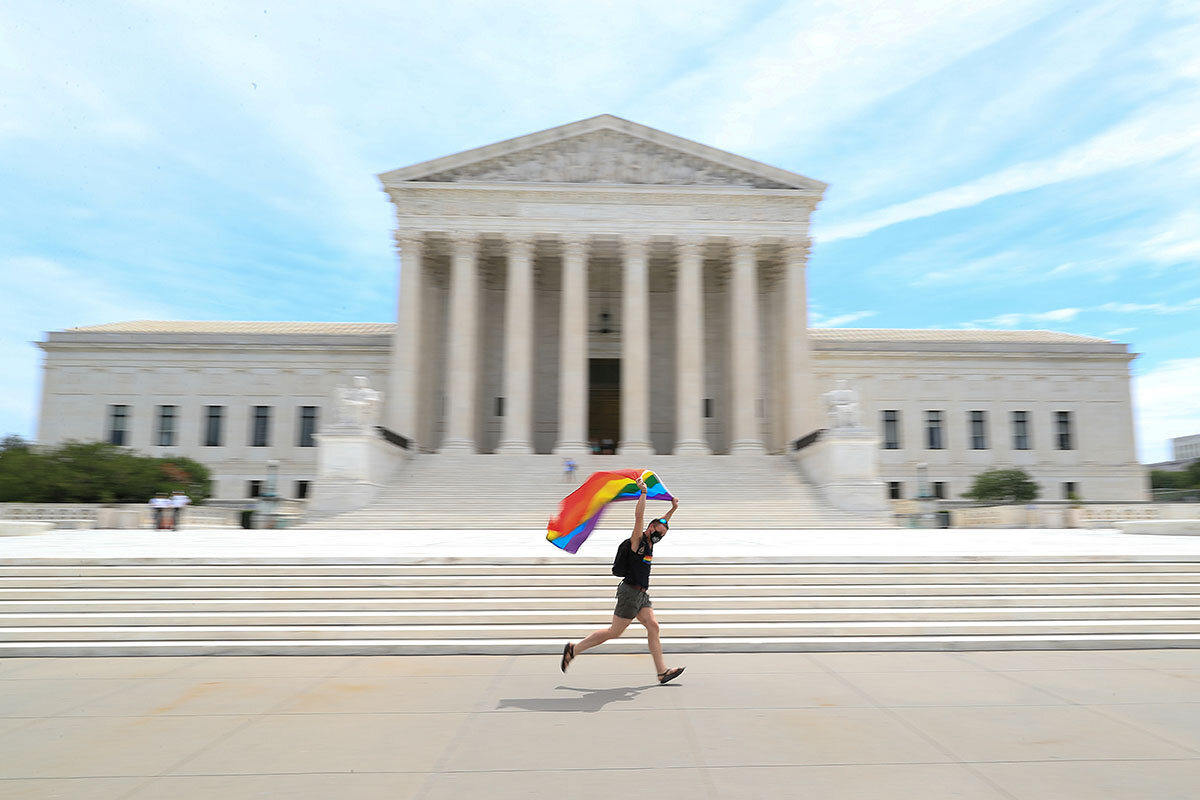The death of George Floyd, a Black man killed last month in the custody of four Minneapolis police officers, has created swift momentum for real change. New York and Los Angeles are reallocating portions of their police budgets to education and development in minority communities. The Boston Police Department has adopted reforms that would prohibit specific uses of force. Prominent Black activist groups have been so inundated with financial pledges that they are redirecting contributions elsewhere.
When another Black man was fatally shot in an altercation with two Atlanta officers Friday, the police chief resigned and medical examiners ruled Rayshard Brooks’ death a homicide. Seldom has that degree of accountability followed such an encounter so swiftly.
Time will prove whether such responses reflect lasting change in the United States. Nearly six years after protests erupted in Ferguson, Missouri, following the fatal police shooting of Michael Brown, few of the 47 police reforms recommended by a state-appointed commission have been achieved.
Social movements often follow long trajectories to achieve structural reforms. Before they achieve visible results, however, they first require a quiet molding and chiseling of individual thought, the kind that goes beyond initial rage or short-lived empathy.
There is no easy way to measure the extent of current changes in individual attitudes. A Washington Post-Schar School poll last week found 69% of Americans said police violence against African Americans reflected broader societal problems, up from 43% who held that view after the events in Ferguson. Civil rights leaders say the current protest marches are the largest and most diverse they have ever seen.
Yet those who have dedicated their lives to addressing racial and economic injustice say an increased awareness of social issues is only a first step. “There’s the intellectual step,” said one leader of a nonprofit group in an interview, “and then comes a question: What are you willing to give up as a beneficiary of the current system in order to change the system? It is hard to take that next step.”
When asked to describe their motives, many activists demurred. Their reasons are unique and deeply personal. Some are impelled out of having failed to make a difference in someone’s life when they were in a position to do so. Others were moved by what they knew themselves of how the criminal justice system treated poor and minority people caught up in even minor offenses.
All of them spoke of overcoming pride, fear, and personal comfort. One man turned his opposition to the Vietnam War into a lifetime of service to youth at risk of gang violence. “I found the most dangerous urban situation I could find,” he said. He is still there half a century later.
“It is important that we don’t get shy, that we dedicate ourselves to wonderful endeavors,” he said. “That kind of love is like an imprint on bare wood. It is unforgettable if it is real and if it is lived.”
The social justice movement that has gathered momentum since the killing of Mr. Floyd reflects a new generation grappling with racism. Public rage may compel some reforms. But durable change happens only when enough people adopt a meekness, presence, and willingness to see and alleviate the adverse conditions of another human being’s daily experience. By all current signs, a great stirring of thought in that direction is underway in the U.S. and beyond.
 Mark Sappenfield
Mark Sappenfield










